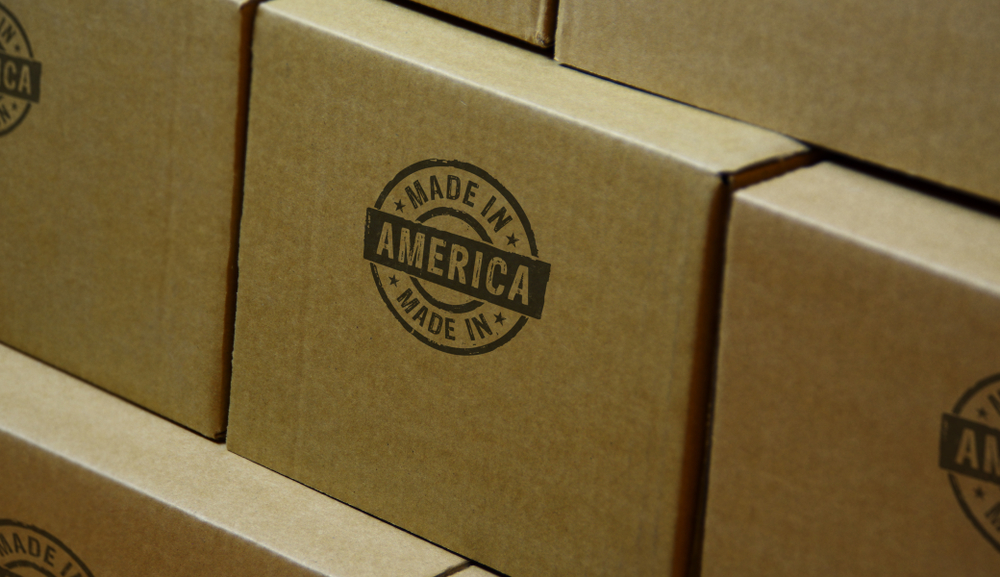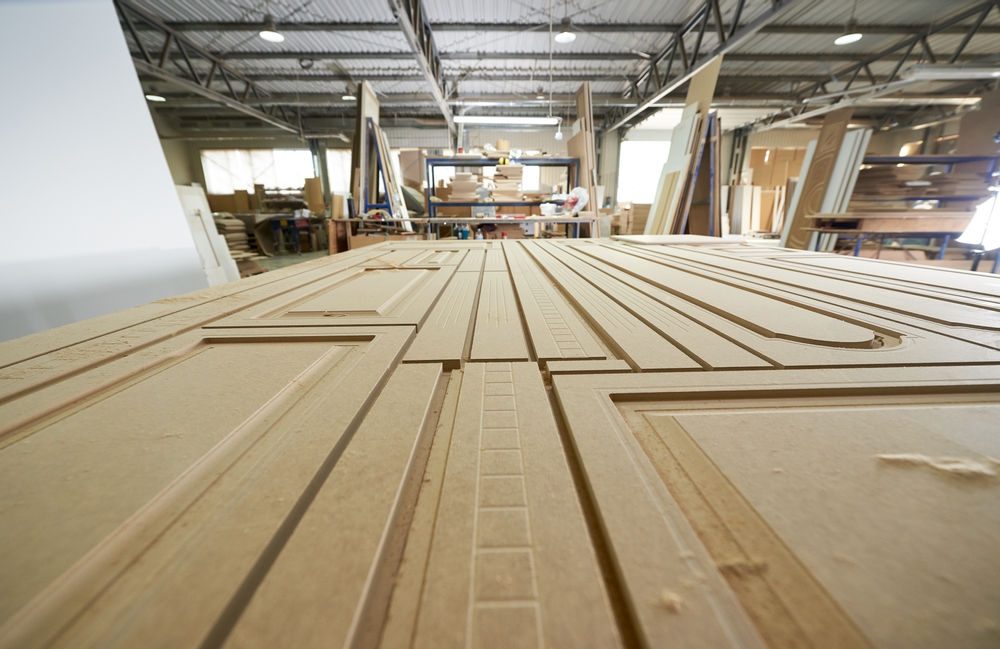
The U.S. Small Business Administration (SBA) has recently unveiled the ‘Made in America’ Manufacturing Initiative. This comprehensive plan is designed to bolster domestic manufacturing by reducing regulatory burdens, expanding access to capital, and fostering a skilled workforce. The initiative presents a significant opportunity for SMBs (small to medium-sized businesses), whose success is integral to the broader manufacturing ecosystem.
The SBA: Championing SMBs
The Small Business Administration (SBA) is an agency of the federal government dedicated to supporting small businesses through financing, advocacy, and education. Since its inception in 1953, the SBA has worked to provide SMBs with the tools they need to start, grow, and sustain their businesses. The agency’s core functions include:

The SBA is dedicated to cutting small business regulations and advocating for SMBs with its new Made In America initiative.
- Access to Capital: The SBA offers loan programs such as the 504 Loan Program for real estate and equipment purchases. Also the 7(a) Working Capital Pilot Program for day-to-day operational needs. These financing options help businesses expand and modernize without relying on traditional high-interest lending.
- Regulatory Advocacy: The SBA’s Office of Advocacy represents small businesses before Congress and federal agencies. They work to reduce unnecessary small business regulations and lower compliance costs. Through the new ‘Made in America’ initiative, the SBA has pledged to cut $100 billion in regulatory costs. The organization is also proposing the establishment of a Red Tape Hotline to identify rules that stifle small manufacturers.
- Government Contracting Support: The SBA helps SMBs secure federal contracts by ensuring that U.S.-based manufacturers are allotted a portion of government spending. This creates opportunities for SMBs to work on defense, infrastructure, and commercial projects.
- Workforce Training and Development: The SBA collaborates with local organizations and trade groups on educational programs, mentoring, and job training. These efforts help businesses access a skilled workforce, a crucial factor for metal fabricators facing labor shortages.
Through a combination of financial support, regulatory reform, and business advocacy, the SBA plays a vital role in strengthening American manufacturing. Now, with the launch of the ‘Made in America’ initiative, numerous SMBs stand to benefit more than ever before.
The Pivotal Role of SMBs
SMBs are the backbone of manufacturing, providing essential components for industries ranging from construction to furnishings. Their ability to innovate and produce high-quality products directly influences the success of other manufacturers.
As Vice President JD Vance emphasized during a visit to a Michigan plastics factory, the administration aims to “cut your taxes, slash your regulations, and reduce the cost of energy to build things right here in this country.”
A Ripple Effect Across the Manufacturing Sector
Small and mid-sized woodworking manufacturers don’t just produce wooden products—they enable entire industries to thrive. Their success has a direct impact on multiple sectors, including:

Frontier ERP provides manufacturers of doors, windows, furniture, and fenestration with the advanced tools for optimized operations.
- Building Materials Manufacturing: Wood components such as beams, panels, moldings, and flooring are essential for residential and commercial construction. Increased investment in domestic manufacturing strengthens the availability of high-quality, sustainable materials.
- Cabinetry and Furniture: The demand for kitchen cabinets, shelving, tables, and custom-built furniture continues to escalate. It supports a thriving network of wood suppliers, finishers, and specialized component manufacturers. A stronger woodworking sector means better product availability and innovation.
- Doors and Windows: Wooden doors, frames, sashes, and trim are foundational to both residential and commercial buildings. By supporting domestic woodworking manufacturers, the industry can ensure high-quality craftsmanship and shorter supply chains.
By investing in woodworking SMBs, the SBA’s initiative is helping to reinforce an entire ecosystem. The goal is to sustain homebuilding, interior design, and countless other industries that rely on high-quality wood products.
The SBA’s push to expand financing opportunities could allow more businesses to modernize their equipment, increase output, and secure more contracts. In turn, this leads to increased orders for materials, better production efficiencies, and overall economic growth.
The push to “Make in America” doesn’t just benefit SMBs; it strengthens the entire United States manufacturing sector. By investing in domestic production, manufacturers can reduce dependency on foreign suppliers, improve lead times, and enhance product quality.
Investing in Enterprise Resource Planning (ERP) Systems
Improved access to capital through SBA loan programs provides SMBs a golden opportunity to invest in Enterprise Resource Planning (ERP) systems. A move that can significantly increase efficiency and long-term profitability.
An ERP system is more than just software. They are an integrated solution that streamlines operations, improves supply chain visibility, and enhances decision-making. Here’s how ERP investments can benefit SMBs:

Frontier ERP provides time and money-saving automated processes for manufacturers of any size.
- Optimized Inventory Management: ERPs track inventory in real time, preventing stock shortages and reducing excess material costs.
- Enhanced Production Efficiency: Automated workflows and scheduling tools ensure that machines, materials, and labor are used efficiently, minimizing downtime.
- Improved Financial Oversight: Integrated financial management features provide real-time insights into expenses, cash flow, and profitability.
- Regulatory Compliance and Reporting: The SBA is pushing to cut red tape on small business regulations. An ERP can help ensure businesses remain compliant with evolving regulations while automating necessary reporting processes.
While an ERP system requires an initial investment, the ROI takes time. The long-term savings in labor, materials, and operational costs often make it a self-funding asset. With SBA-backed loans available for technology and equipment upgrades, now is the perfect time for SMBs to adopt an ERP to future-proof their operations.
Conclusion
The SBA’s ‘Made in America’ Manufacturing Initiative presents a transformative opportunity for small and medium-sized businesses. The initiative is proposed to create an environment where domestic manufacturers can thrive. The impact extends beyond individual businesses, fueling growth across multiple industries that rely on SMB products.
Are you an SMB or larger company that wants to strengthen your bottom line while supporting the entire U.S. manufacturing sector? Contact us for more details on Frontier ERP and our line of business optimizing products today!



